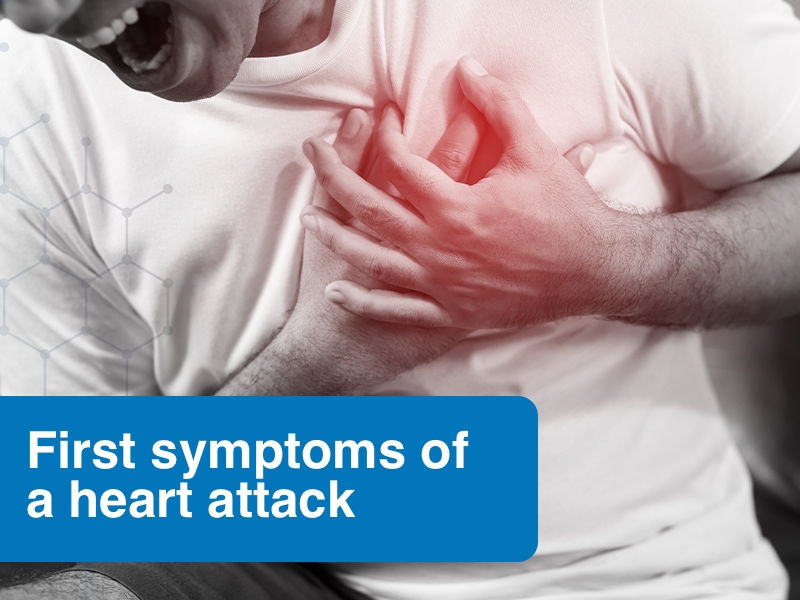What is Monkey Pox?
- BHA Medical
- Jun 7, 2022
- 2 min read
Understanding Monkeypox
Monkeypox is a rare disease that is caused by infection with the monkeypox virus.
It was first discovered in 1958, when outbreaks of a pox-like disease occurred in monkeys that were kept for research. In 1970, the first human case was recorded in the Democratic Republic of the Congo (DRC), with reports of infection reported throughout west and central African countries since. Most cases are reported in the DRC and Nigeria.
It is a rare viral infection that does not spread easily between people and is usually a mild self-limiting illness – which most people will recover from within a few weeks. In some cases, severe illness can occur. Infection can be spread when someone is in close contact with an infected person – but there is a very low risk of transmission to the general population.

How do you get monkeypox?
Monkeypox can be caught from infected wild animals, and is thought to be spread by rodents such as rats, mice and squirrels. You can catch monkeypox from an infected animal if you’re bitten or you touch its blood, body fluids, spots, blisters or scabs.
It can also be spread through touching clothing, bedding or towels used by someone with the monkeypox rash, touching monkeypox blisters or scabs, or through coughs and sneezes of a person suffering from monkeypox.
What symptoms should I look out for?
It usually takes between 5 and 21 days for symptoms of monkeypox to first appear. They include:
- a high temperature / fever - a headache - muscle aches - backache - swollen glands - shivering (chills) - exhaustion
It is often confused with chicken pox. A rash will appear as flat spots that become small blisters filled with fluid. The rash often begins on the face, before spreading to other parts of the body. It will usually first appear 1 to 5 days after the first symptoms, and will go through different stages before the spots form a scab which later fall off. Symptoms usually clear up in 2 to 4 weeks.
Is there monkeypox in the UK?
While a small number of people have been diagnosed in the UK, the first case was confirmed in England in May 2022. The patient had recently travelled to Nigeria, where it is believed that they contracted the infection. The risk of monkeypox in the UK remains low, but people should be alert to any new rashes or lesions on any part of the body.
How do you test for monkeypox?
Monkeypox can be identified using a Lateral Flow Test and a PCR test, where a viral swab is taken from one or more vesicles or ulcers, or from a dry scraping of the scab. Swabs are sent for testing, where samples are tested for the illness.
Test Kits:
Monkeypox Virus Antigen Rapid Test Kit:
Monkeypox Virus Antibody Rapid Test:
BHA Medical Head Office
+44 (0) 2045 345 598
salesuk@bha-medical.com



Comments